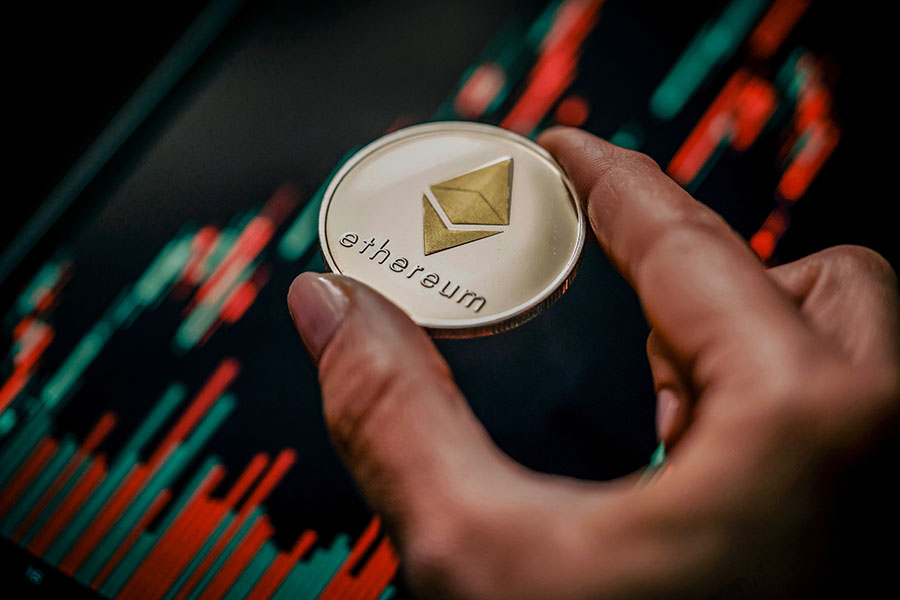

The price of ORDI, the most valuable token issued using the Bitcoin BRC-20 standard, hit an all-time high on Friday, inching closer to the top 50 cryptocurrencies by market capitalization.
The largest BRC-2o asset hit a new high of $81.96, according to CoinGecko. Afterwards, it sold off and fell by more than 11%. The cryptocurrency is currently trading at $73.92, up 6% over the last 24 hours, making it the 56th largest cryptocurrency by market capitalization.
However, it is one of the best-performing cryptocurrencies, with a surge of 45% over a total of 7 days in a week. The price action reflects investor interest in Ordinals, NFT-style inscriptions on the Bitcoin network.
The asset has been one of the hottest cryptocurrency crazes of the year, as investors snap up images and text stored on the digital asset industry’s oldest and largest blockchain. The Ordinals protocol is adapted to power fungible tokens through the BRC-20 standard, enabling a wave of tokens, including meme coins.
ORDI was first published. And with a market capitalization of $1.55 billion and listings on major cryptocurrency exchanges, it is by far the largest token in Bitcoin.
What is the point of ORDI? While current demand is largely speculative, this asset also demonstrates how the Bitcoin network, like other major blockchains, could be used to issue digital tokens.
But the Ordinals and BRC-20 craze also brought with it downsides. Bitcoin transaction fees have surged again over the past few days.
According to Bitinfocharts data, the average cost to send Bitcoin is currently $24.10. This is because as more people use the Bitcoin blockchain to make transactions involving Ordinals, the network becomes clogged and costs become higher.
Earlier this month, the average cost to send Bitcoin hit $37.58, the highest in two and a half years. This led some in the Bitcoin community to claim Ordinals was “spam” and blocked people who could benefit from sending cash using Bitcoin.
Bitcoin itself fell slightly on the day, down about 1% to its current price of $41,985.
Editor: Andrew Hayward



